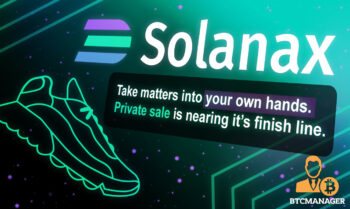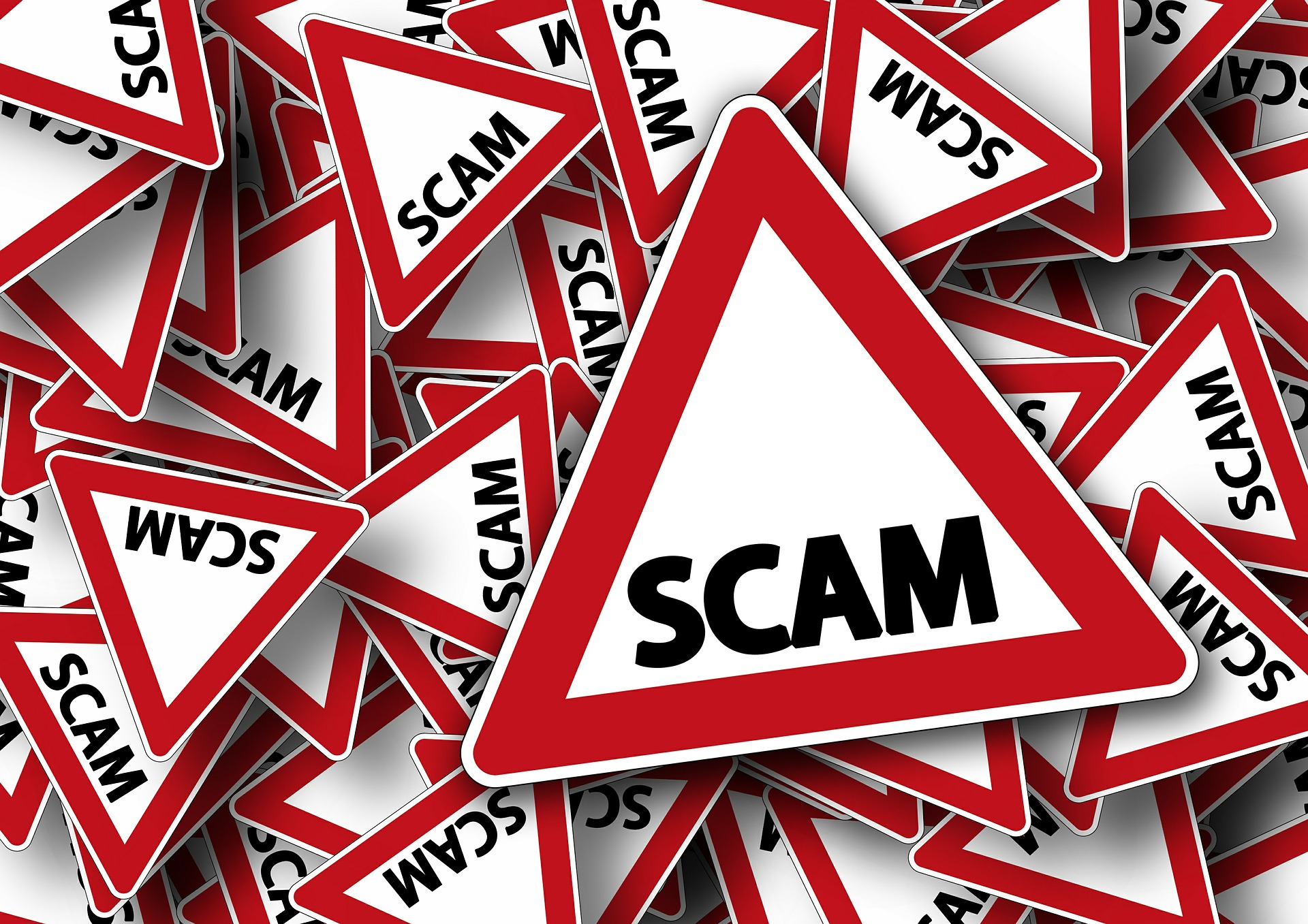2019-8-23 19:22 |
Many crypto enthusiasts and people who follow the developments of the industry very closely, may have noticed that reports on finding unregistered crypto companies have increased over the last few weeks.
The reason for this is a joint effort from the United States and Canada-based regulatory institutions to find and terminate any unregistered securities providers, or companies that sell utility tokens with fraudulent intentions. The initiative has since been dubbed “Operation Cryptosweep” and has been active for over a year now.
The main issue with crypto adoption could be solvedUp until now the United States, a region that has the biggest potential for boosting crypto popularity in the world was plagued with issues about the legality of crypto offerings, or the number of elaborate scams that have occurred in the country.
I say elaborate because they were very neatly designed to resemble real, trustworthy and legitimate investment companies, funds and whatnot. All we have to do is take a look at Bitconnect, and the methods they used to raise awareness, garner support and in the end disappear in a way that just left both regulators and investors gobsmacked.
Unfortunately, many scammers were then inspired by Bitconnect and have since started their own versions of crypto investment companies, offering 100% profits within weeks. Thankfully though, the regulators are now starting to classify these services as “securities offerings” which immediately get piled into the country’s federal securities laws. The securities laws are often overly strict, which is good in this sense.
Collateral damageShould a company offer securities, they need to register them and have them checked, which pretty much eliminates any and all scam attempts. However, the utility tokens may take a hit as well.
Several company officials have commented that it’s quite hard to offer utilities in this “Cryptosweep” wave simply because they’re usually misrepresented as securities.
Anthony Padoll, a representative of Playamo Canada mentioned specifics:
“There are moments when we discuss launching our own native token on the platform, simply because it will be a) Much more beneficial and easy for the users and b) Cost-effective and easy to control for us as a company. But in this Cryptosweep, we’re forced to clarify on an extremely detailed level that the cryptocurrency we’re adding to the platform will serve as a utility token and not generate any direct profits or losses for the“ investors.
However, all of that becomes wasted effort when you find out that utility tokens are often floating as well, meaning that their price can both go up and down. Depending on how many people will use Playamo’s native token it could actually translate into being a security token, based on the ROI. And for small companies like us, it’s very hard to create stablecoins, which require mass reserves to keep it on a specific price level.”
Uncertainties like this keep on flaring up all over the United States and Canada, where private companies have to be extremely careful with their entrance in the blockchain technology space, as the added value to their customers could translate into massive costs in licensing fees and etc. Furthermore, it could lead to an increased centralization for these tokens, which is something crypto enthusiasts will never agree on.
How to refine the initiativeAt the end of the day, there may be some collateral damage to private companies, but the overall value that this could create in one of the most demanded crypto markets in the world will outweigh some missed or unfulfilled projects.
It’s also important to note that the Cryptosweep is a relatively new project, therefore it can still undergo dozens of changes that could include a separate classification for utility tokens and various amendments on how the law is enforced on these assets.
The post The North-American Cryptosweep and why it’s a new page for cryptos in the world appeared first on ZyCrypto.
origin »Emerald Crypto (EMD) на Currencies.ru
|
|































